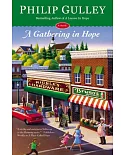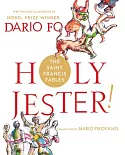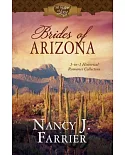Mother Nature is certainly Emilia Pardo Bazan's greatest contribution to the Realistic/ Naturalistic Spanish novel of her time, and represents her literary powers at the very height of her
career as a writer. It has been said that this novel presents the keenest challenges and the most compelling rewards, offering the reader the purposefully overgrown ecological, social, and
moral background for a poignant central narrative of human frailty that pits the desire for personal happiness against the necessity of meeting moral standards.
Pardo Bazan's novel demonstrates the impact of the incipient social and biological sciences on creative writing, thus reflecting the influence of Emile Zola's Naturalistic tendencies, while
still maintaining tinges of Romanticism. It addresses questions that remain very contemporary and controversial, and poses the opposition of nature of virtue, romantic love as ennobling or
basely instinctual, and gives the reader an example of the problem of incest and other forms of sexual transgression. She recognizes the role of religion and its influence on morality, the
conflict between regional and centralized culture, the contrast between rural and urban visions of life, as well as the eternal struggle of women for better education, freedom, and
self-determination. The pages of the novel contain some of the finest examples of her literary craft, and give evidence of its expressive dialogue, dramatic tension, and vivid portrayals of
characters, scenes, and situations.
Mother Nature reflects the impact of the events of the two critical years between 1885 and 1887 on the author's life as a novelist. At the age of thirty-four, she was now separated from her
husband of seventeen years, Jose Quiroga. While in Paris during the winter of 1886, she completed her major novel, the celebrated House of Ulloa. In the French capital she met Emile Zola,
Alphonse Daudet, and Edmond de Goncourt, the greatest figures of the new Naturalistic movement. Mother Nature, published in 1887, was written after her return from abroad and clearly reveals
how much she was influenced by the new literary school, especially Zola's The Sin of Father Mouret (1875).
This novel should be of special interest to students of Spanish literature when reading the literature of the late nineteenth century. This author has had an enormous influence on the women
novelists of the mid-twentieth century, and Spanish feminists since her time have looked upon her as a beacon for their aspirations and dreams of a more just society. For those unfamiliar with
her reputation and her literary work, this novel should open their eyes to the extraordinary power of the literature in Spain during these years. She and Benito Perez Galdos, with whom she had
a very special and intimate relationship for a number of years, should help rescue the Spanish novel of this time from the neglect which it has suffered until now.





















